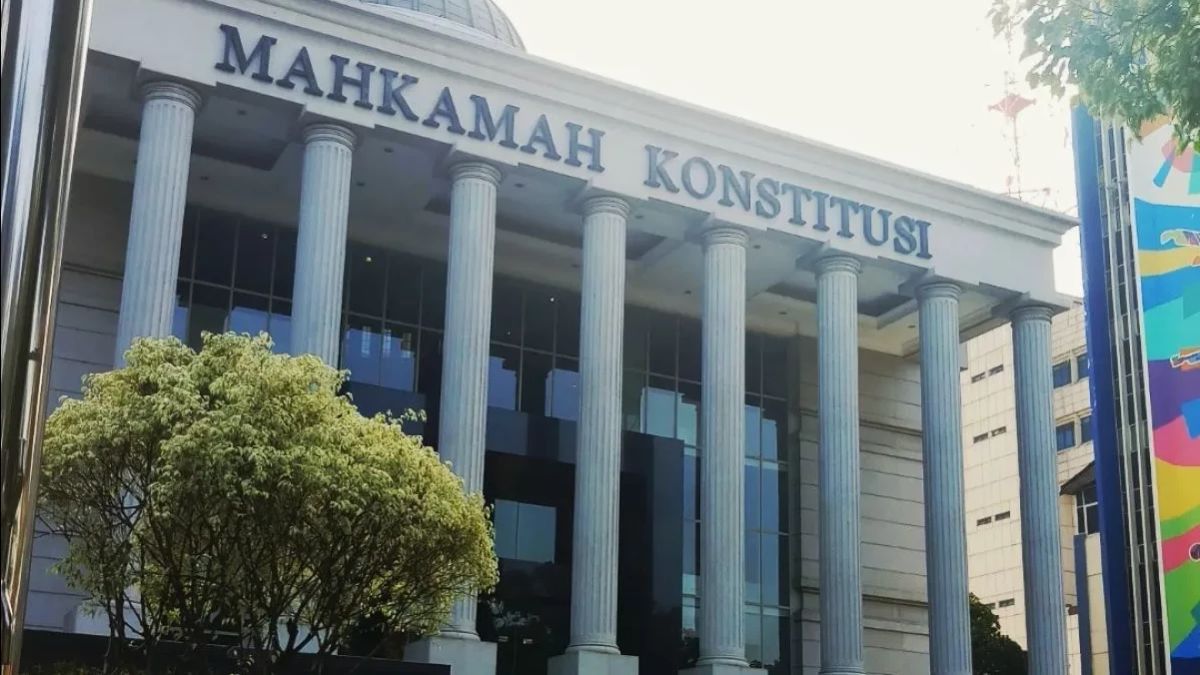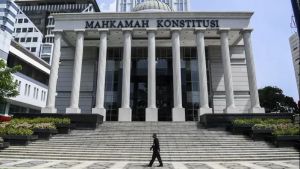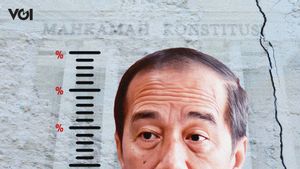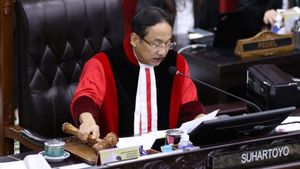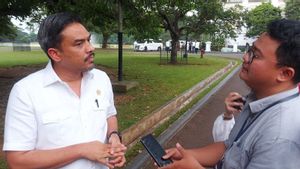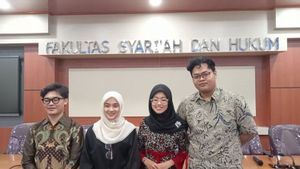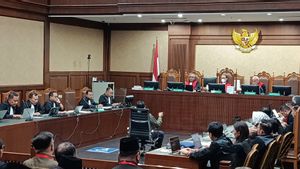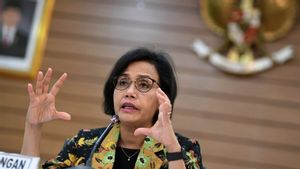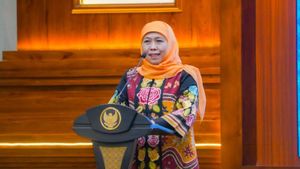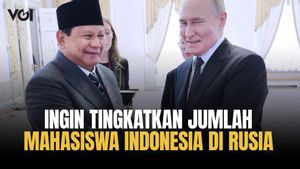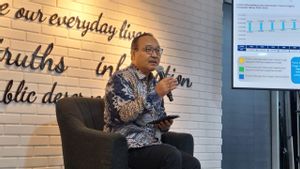The decision of the Constitutional Court (MK) to abolish the presidential threshold has become a major breakthrough in the Indonesian political order. This decision drew many responses from hopes of healthier democracy to concerns about the emergence of political instability.
The concept of a presidential threshold was born from the Election Law which requires parties or coalitions to get at least 20 percent of the DPR seats or 25 percent of the national vote to nominate a president. The goal is to reduce the number of candidates to ensure the stability of the government. However, more than a decade of implementation, this policy has sparked criticism because it is considered reducing alternatives to people's choice.
The decision of the Constitutional Court to remove these obstacles. There are no longer any boundaries that force small parties to submit to big parties just to enter the presidential election. On the other hand, opportunities for the emergence of new figures are wide open.
Support for the Constitutional Court's decision came from various parties. Needdem calls this a big step in expanding the people's choice. "Without a threshold, the people can have more choices of candidates," said Titi Anggraini of Needdem. The Labor Party even called this decision a new milestone for healthy democracy.
However, the abolition of the presidential threshold also raises new challenges. Without strict boundaries, the potential for the emergence of popular figures without adequate capacity is a concern. Deputy Chairperson of the Golkar Party, Adies Kadir, hopes that this decision will not make the political system chaotic. "Hopefully this decision will provide fresh air to the democratic system in our country, instead of creating new chaos," he said.
SEE ALSO:
According to Adies, Golkar was quite surprised by the decision of the Constitutional Court. Previously, a lawsuit related to this rule had been filed many times, but this is the first time it has been granted. With this new system, open competition is more likely. This decision is the most beautiful gift for democracy," said political analyst Yudi Latif.
However, the multiparty system can produce presidential elections with dozens of candidates. This raises the risk of vote fragmentation. To anticipate this, the government and the DPR are preparing to revise the Election Law to regulate the technical nomination of the president. Meanwhile, the discourse of independent candidates driven by the DPD is getting stronger, expanding the possibility for non-party candidates.
The system without threshold also raises questions about the quality of candidates. Constitutional law expert Prof. Umbu Rauta as contained in online law suggests additional criteria, such as experience or political achievements, to ensure the integrity of candidates. According to him, candidate quality is the key to maintaining post-presidential threshold political stability.
Indonesia is at an important crossroads in its democratic journey. The decision of the Constitutional Court to remove the presidential threshold is a great opportunity to improve the political system, but also demands the readiness of all parties. With more candidates, the people must be smart voters, vote based on vision and capacity, not just popularity.
Presidential election without a presidential threshold is a big trial for Indonesian democracy. Will this be a new beginning towards improvement, or will it create new problems? Only time will answer it. But one thing is certain, the future of democracy is in the hands of the people.
The English, Chinese, Japanese, Arabic, and French versions are automatically generated by the AI. So there may still be inaccuracies in translating, please always see Indonesian as our main language. (system supported by DigitalSiber.id)
